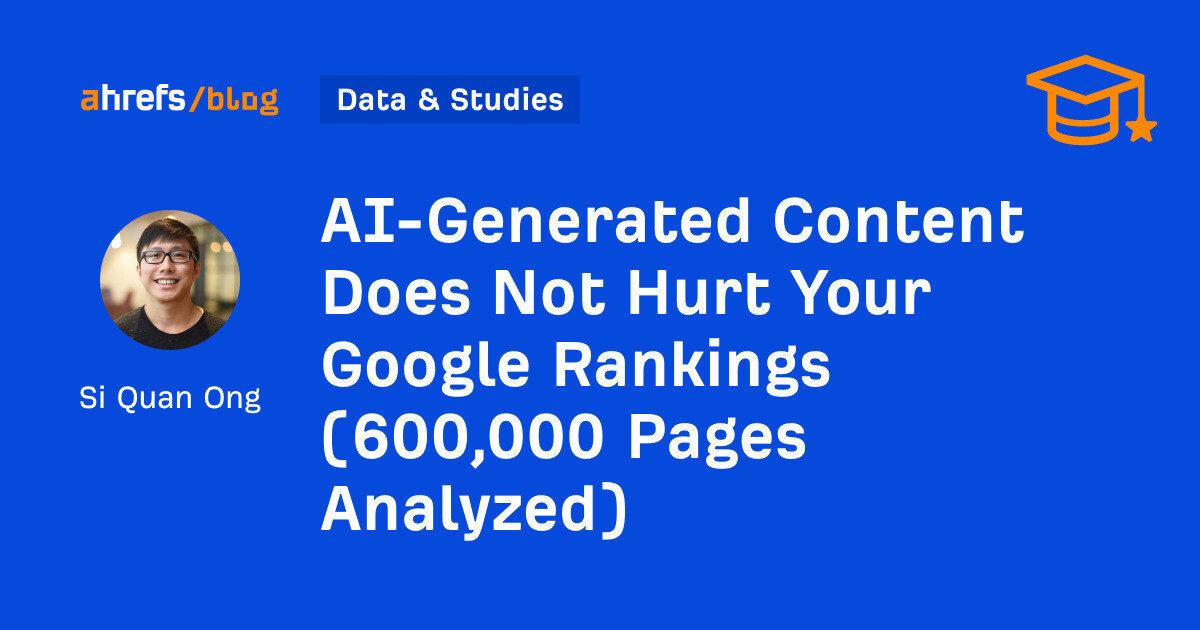We tried Lemon8, TikTok’s sister app, so you don’t have to
We review Lemon8, ByteDance's lifestyle sharing app that's comparable to Xiaohongshu. Here are its features and content types for M'sians.

Over the past few weeks and even months, I’ve been receiving incessant ads for an app called Lemon8. My colleagues have echoed the same, which was how we got to discussing it in the first place.
The ads themselves were innocuous, mostly just featuring native Lemon8 content, but they managed to pique my interest. This was mostly because I thought it was a Malaysian app, what with the Malay wording and localised commentary on the ads.
However, upon Googling the app, I realised it was actually by ByteDance, the company behind TikTok.
Intrigued, I finally downloaded the app (you win this time, ads) to try it out.
Creating the next TikTok?
But wait. Before talking about my experience, let’s get up to speed with some context about the app.
For those who have used Xiaohongshu (or Redbook) before, Lemon8 is best described as something similar. For those who haven’t…
A social media app from China, Xiaohongshu is a lifestyle-sharing platform originally founded in 2014. It has mainly Chinese content, and houses quite a number of micro-influencers on the platform.
My mum is a frequent user of Xiaohongshu, and tends to send me a lot of food and travel recommendations from the app. She also asks questions to the content creators on the app and often receives helpful responses and suggestions.
It’s like Instagram, but more informative like an internet forum.
Lemon8, which was originally known as Sharee, seems to be ByteDance’s response to Xiaohongshu’s popularity, with many articles claiming that it intends to compete with Xiaohongshu.
With ByteDance already having made a huge mark in the social media landscape with TikTok, here’s how Lemon8 is faring in this fight.
Highly localised and educational content
Creating my Lemon8 account, I was asked to select a few topics such as fashion, travel, food, and more, much like when you’re setting up an account on Pinterest.
(Interestingly, despite my colleagues choosing “he” and “they” for their pronouns, neither saw any monumental differences in the interests options showed to them later.)
After tinkering around with that, I was introduced into the world of Lemon8.

The user interface reminds me of TikTok, with a “Following” and “For You” tab up top. Immediately the content appears to be very localised. My For You page was filled with Malaysian content, most of them in the Malay language.
Some examples of the posts on my For You page include “Thrift shop that sells at RM10”, “Don’t miss these places when you go to Lalaport”, “ZUS drink recommendations”, and more. It’s all very Malaysian and also surprisingly educational.
Nearly every single creator on the platform edits their pictures to have informative labels and texts. The posts also typically feature long blocks of text, with the content usually being reviews or recommendations.
The creators don’t appear to be famous influencers, but the quality of the content was shockingly great. They seem to be more effortful compared to Instagram posts and more genuine and considerate compared to TikTok.
 Examples of Lemon8 content from my For You page
Examples of Lemon8 content from my For You pageI realised this “educational” edge to the app is encouraged by the app itself, which gives users a few caption templates to choose from when creating a post.
 There aren’t any templates for Travel or Home, but users can use the other templates for inspiration still
There aren’t any templates for Travel or Home, but users can use the other templates for inspiration stillNot only that, but users can also edit their photos natively on the app to add text and such. There are templates here to choose from too, reminiscent of the templates you may find on Canva.
But unlike Canva where you have to pay for the pro account to have the remove background feature, Lemon8 lets you do that for free.
 It’s convenient that users don’t have to download an additional app to edit their posts
It’s convenient that users don’t have to download an additional app to edit their postsOver the next few days, I would continue to receive notifications in Malay, and there doesn’t seem to be a way to receive only English content (or any other language, for that matter).
But soon enough, Lemon8 seemed to have caught on that English notifications performed better with me. For a couple of days now, I’ve only been coming across English content.
Interestingly, no matter what key terms I looked for, my searches only bring up Malaysian content, unlike on Instagram, where I would often come across content from all across the globe. Either Lemon8 is trying to make the content feel extra local and personal, or it has a huge base of Malaysian users.
New possibilities for social commerce & content creation
Undoubtedly, Lemon8 is similar to Xiaohongshu, almost intentionally so. But the biggest thing that sets it apart is the language.
From even the app’s name itself, Xiaohongshu feels rather alienating and Chinese-centric that it puts me off. Lemon8 sounds much more approachable in comparison.
I believe that this shows how Lemon8 is dedicated to growing itself as a global brand.
Another huge thing to keep in mind is the parent company behind these apps.
ByteDance is a huge company. TikTok is already known for its in-app ecommerce capabilities, and if such a thing is implemented in Lemon8 too, that could be really profitable, because of the very informative and consumer-facing content Lemon8 seems to be known for.
The SEO-friendliness of Lemon8 also makes it more useful than Instagram, especially for businesses. It’s easy to navigate and search for specific content. For example, you could look up restaurants in Bangsar, makeup brand recommendations, or inspiration for interior design.
A leg-up that Xiaohongshu has is that it features a Creator Platform that allows users to monetise their postings.
Lemon8 doesn’t seem to have such a programme yet, which may disincentivise users. But even so, there are already so many local users who are putting a great deal of effort to create their own informative posts, perhaps hoping to cash in on their following once such a monetisation model is introduced.
In any case, Lemon8 is still young, launched only in 2020. Will ByteDance continue its social media reign with this app, or perhaps even expand its reach? Time will tell.
Learn more about Lemon8 here.Read other articles we’ve written about apps here.
 Astrong
Astrong 































